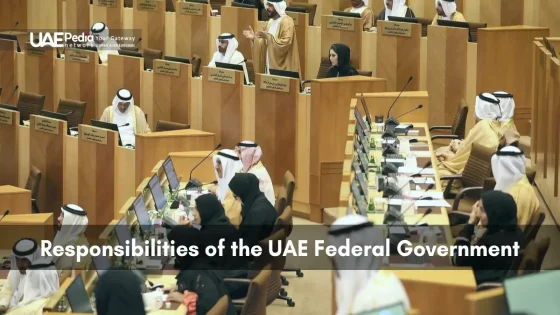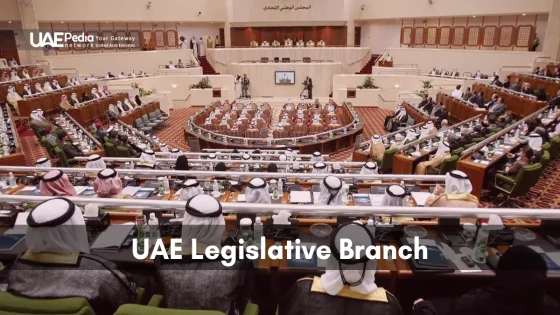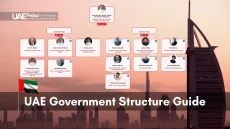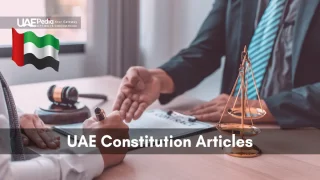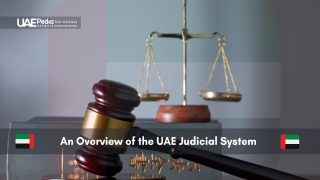UAE Federal System: A model of unity and progress. How does a nation balance regional autonomy with national cohesion? The United Arab Emirates offers a compelling case study. Established in 1971, this federation of seven distinct emirates has grown into a global powerhouse. Did you know that despite its relatively young age, the UAE boasts one of the world’s highest GDP per capita?
Constitutional Framework and Formation of the UAE Federation
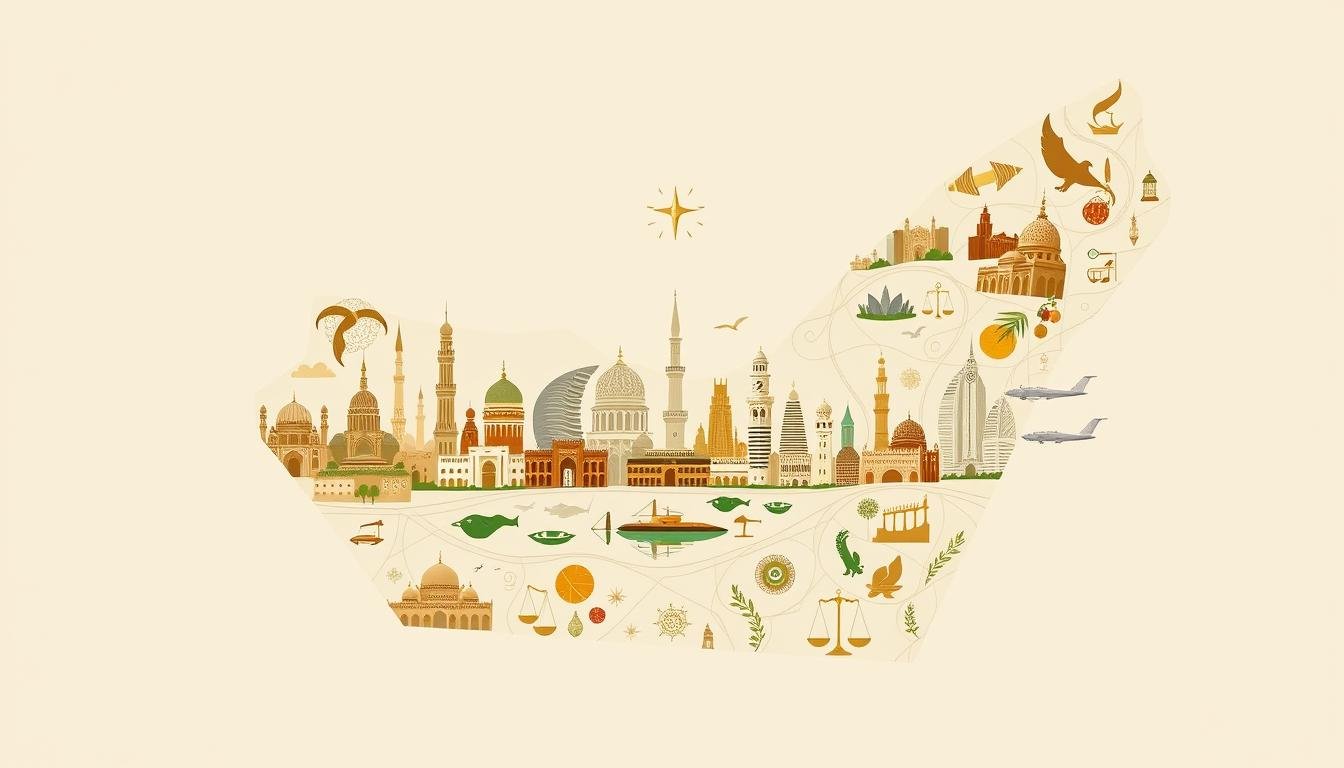
The United Arab Emirates (UAE) started as a federation on December 2, 1971. This was after a big decision on July 18 of the same year. The country began in 1968 when Abu Dhabi and Dubai joined together.
Establishment and Constitutional Foundation
A big meeting happened in Dubai from February 25 to 27, 1968. Nine rulers came together to talk about a union. The UAE’s Provisional Constitution, made in 1971, has 152 articles. It sets up the federal structure.
Seven Emirates: Composition and Unity
The UAE has seven former Trucial States: Abu Dhabi, Dubai, Sharjah, Ajman, Umm Al-Quwain, Fujairah, and Ras Al Khaimah. Ras Al Khaimah joined on February 10, 1972. This made the federation complete. Each emirate keeps its own identity but works together for unity.
Core Objectives of the Federation
The UAE’s leaders aim for important goals:
- Providing social services like free education and healthcare
- Protecting rights and freedoms
- Promoting prosperity and progress
- Maintaining independence and sovereignty
- Safeguarding security and stability
These goals show the UAE’s dedication to its people and growth worldwide.
UAE Federal System: Structure and Authorities
The UAE has a special way of ruling. It mixes old traditions with new ways of governing. This mix helps the country work well together and keeps each emirate free.
Federal Supreme Council and Presidential Leadership
The Federal Supreme Council is at the top. It has the leaders of all seven emirates. They make big decisions together.
They choose the President and Vice President for five years. This shows how the UAE works together.
Cabinet and Federal Ministries
The President picks the Prime Minister. Then, the Prime Minister makes the Cabinet. This group has 22 members.
Federal National Council (FNC)
The Federal National Council is like a parliament. It has 40 members. Half are chosen by people, and half are picked by leaders.
They look at new laws and help the Cabinet. This helps the UAE grow its democracy.
Federal Judicial Authority
The UAE’s courts mix old laws with new ones. They make sure laws are followed. The UAE is very good at following the law, ranking first in the MENA region.
| Governing Body | Composition | Key Responsibilities |
|---|---|---|
| Federal Supreme Council | 7 Emirate Rulers | Elects President and Vice President, Sets High-Level Policies |
| Cabinet | 22 Ministers | Implements Federal Policies, Oversees Daily Governance |
| Federal National Council | 40 Members (20 Elected, 20 Appointed) | Examines Legislation, Advises Cabinet |
| Federal Judicial Authority | Various Courts and Judges | Ensures Law Application, Resolves Disputes |
Distribution of Powers Between Federal and Emirate Governments
The UAE has a special system where power is shared between the national government and the emirates. This setup affects how the country is run and its politics. It shows how tasks are split between the federal and emirate levels.
The national government handles big tasks like foreign policy, defense, and education. Education is free and mandatory at all levels. This ensures everyone gets the same education, but emirates can handle their own local issues.
The roles of federal bodies in UAE governance are clear. The Federal Supreme Council, made up of all emirate rulers, has the highest power. The Federal National Council advises and represents citizens. Together, they keep the country united and moving forward.
| Federal Responsibilities | Emirate Responsibilities |
|---|---|
| Foreign Policy | Local Economic Development |
| National Defense | Municipal Services |
| Education System | Cultural Affairs |
| Federal Judiciary | Local Law Enforcement |
The federal system greatly influences UAE politics. It balances national unity with local freedom. This balance has helped the country grow fast while keeping each emirate’s culture alive. The federal and local governments work together well, making sure the country is well-governed.
Conclusion
The UAE’s federal system is special. It mixes old leadership with new politics. Since 1971, it has helped the UAE grow fast.
The Federal National Council (FNC) shows how each emirate is heard. It has 40 members from seven emirates. This balance is key to the UAE’s unity.
The UAE’s courts are fair for everyone. There are two systems: Federal and local. The Federal Supreme Court keeps things balanced.
The UAE keeps getting better at politics. It’s making things easier with digital services. This shows the UAE is always looking to improve.

